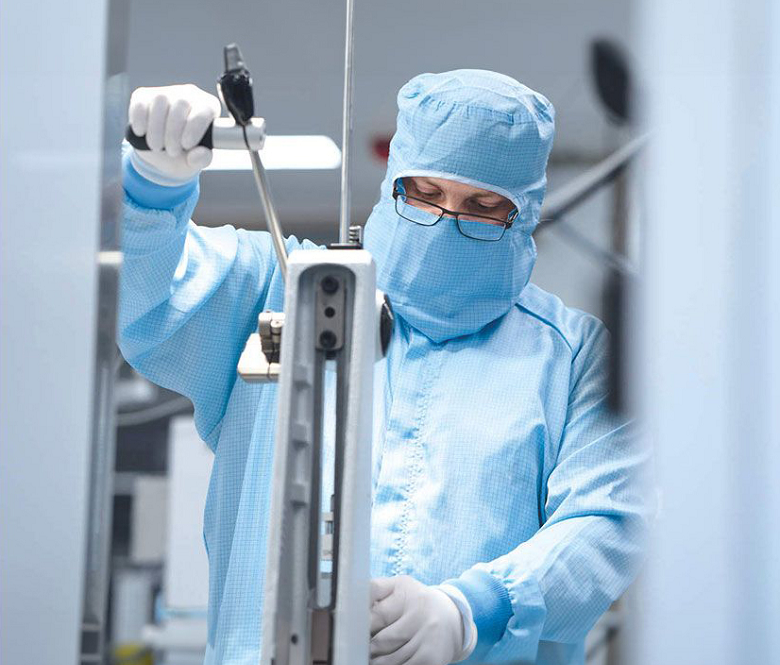Qiagen boosts activity in Barcelona with new innovation centre

The state-of-the-art facility will specialise in infectious disease testing and precision medicine.
Biotechnology company Qiagen has announced the upcoming relocation of the facilities where it develops its QIAstat-Dx system in Barcelona. The Dutch company's goal is to boost the growth and international expansion of this technology for diagnostic testing of infectious diseases and precision medicine applications, which it acquired in 2018 after being developed by a start-up founded in the Catalan capital.
The new centre, which will be located in Esplugues de Llobregat and is expected to start operations in early 2026, will also be an innovation centre for QIAstat-Dx. The move is part of a multi-year investment by Qiagen to expand its local presence and strengthen this area of its business.
Centre of excellence for R&D
QIAstat-Dx is used to performing syndromic tests to identify the cause of a disease. Its main applications are in cases of respiratory and gastrointestinal illnesses, as well as meningoencephalitis. The new centre will cover the entire value chain for this system, from R&D to manufacturing, sales, marketing, quality control and regulatory affairs. It will also be a centre of excellence for research and development in microfluidics, as well as for systems development and testing.
The future centre will have a surface area of 8,000 square metres, which will be divided into offices, production lines, cleanrooms, laboratories and logistics areas. The building in which it will be installed has already achieved LEED Platinum certification, the highest standard in energy-efficient and environmentally responsible building design. Its equipment will also meet this high standard and will be equipped with digital production lines.
Decision-making
QIAstat-Dx applications in precision medicine will support Qiagen's recent partnerships with Eli Lilly and AstraZeneca. It will in this way extend its use to other conditions, such as neurodegenerative, metabolic and inflammatory disorders and other chronic diseases of genetic origin. These applications facilitate, for example, decision-making on the use of certain genomically targeted medicines.
Qiagen CEO Thierry Bernard recalls how QIAstat-Dx “proved its value during the Covid-19 pandemic, helping healthcare providers with rapid syndromic testing and crucial information when time was of the essence,” adding, “We are now building on this success to expand the QIAstat-Dx product portfolio to address a broader spectrum of healthcare needs. This means both expanding the range of pathogens for infectious disease testing and developing solutions for other disease areas and precision medicine applications.”
Photo: Qiagen




